- Free schools for IDP children in Arakan State struggle to stay open amid funding shortfall
- Female-headed IDP households in Ponnagyun Twsp struggle as commodity prices surge
- Min Aung Hlaing likely to take State Counsellor role in post-election government formation: Analysts
- Hindus express hope for educational reform under AA administration
- Arakanese zat pwe performers struggle to survive as conflict halts traditional shows
Arakan’s local industries struggle to sustain amid shortages of technology and raw materials
In conflict-hit Arakan State, where trade and economic activities remain severely restricted, local entrepreneurs are struggling to keep basic consumer goods industries alive.
06 Oct 2025
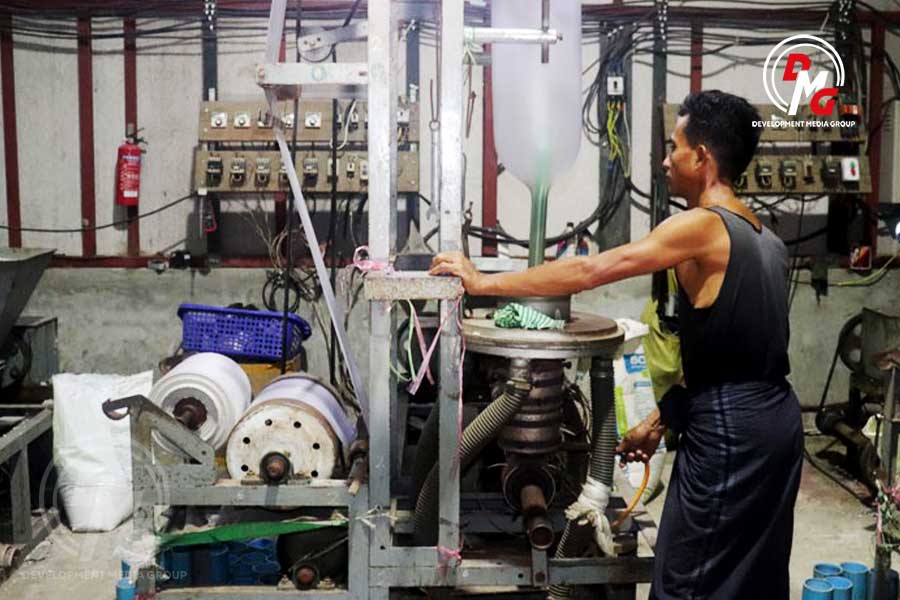
DMG Newsroom
6 October 2025, Sittwe
In conflict-hit Arakan State, where trade and economic activities remain severely restricted, local entrepreneurs are struggling to keep basic consumer goods industries alive.
Business owners say the greatest challenge is the shortage of technology and raw materials needed to sustain one-product, one-village industries producing food staples and everyday necessities.
Although some goods can be manufactured locally, the lack of proper packaging materials and machinery forces producers to rely heavily on imports from central Myanmar.
“For example, we can make chickpea snacks or bread here. But we can’t yet produce packaging materials like plastic wraps or bags in Arakan. With trade routes blocked, we’re forced to buy from central Myanmar at high transport costs,” said a small business owner from Kyauktaw Township.
Since November 2023, when fighting erupted and the junta began enforcing widespread road blockades, nearly two years have passed with residents struggling to import goods at great expense from India and Bangladesh to meet basic needs.
“Now, most people in Arakan rely on foodstuffs imported from Bangladesh and India. Take salt, for example. We can produce plenty here, but since we don’t have the facilities to refine and package it properly, our salt cannot compete in the market,” said a salt producer from Kyaukphyu Township.
Currently, local industries are producing items such as salt, cigarettes, snacks, purified water, candles, and bottled drinks. But producers remain dependent on outside sources for essential raw materials and packaging.
Some business owners argue that Arakanese entrepreneurs should collaborate more closely with the United League of Arakan/Arakan Army (ULA/AA) to reduce dependence on imports.
“We already have resources that can be developed. Many people have gained experience abroad, and NGOs/INGOs have provided training to locals. But implementation has been weak. If we can harness that knowledge and put it into practice, it would be a real step toward building sustainable industries,” said Arakanese trader Ko Kyaw Min Khine.
He added that if Arakan could systematize production and distribution of locally made goods, dependency on imports could be reduced by as much as 80 percent, leaving only about 20 percent reliance on external sources.
Businesspeople say cooperation between the ULA/AA, entrepreneurs, and skilled workers is essential to build up local industries. With proper support, basic goods manufacturing could expand and ease the burden of costly imports amid junta road blockades and communication blackouts.




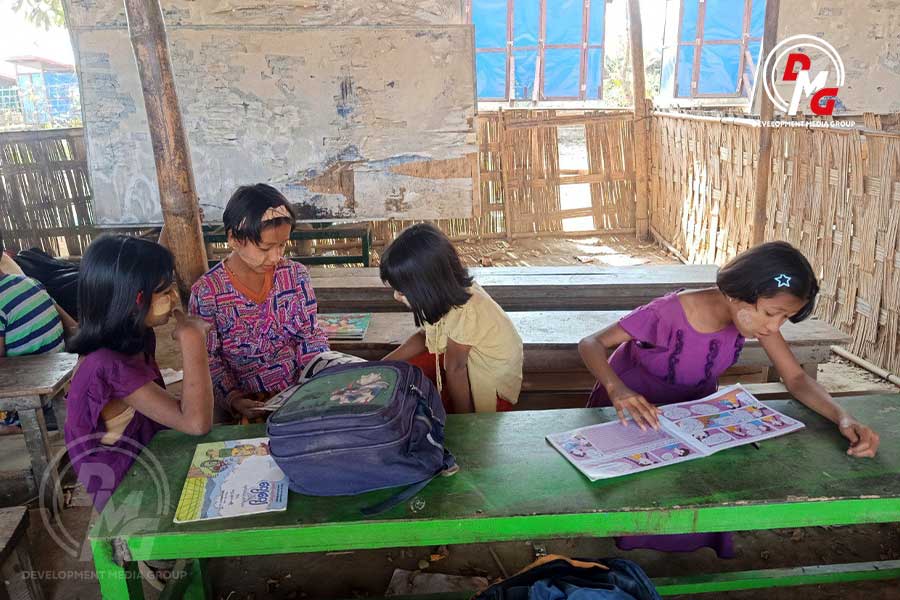
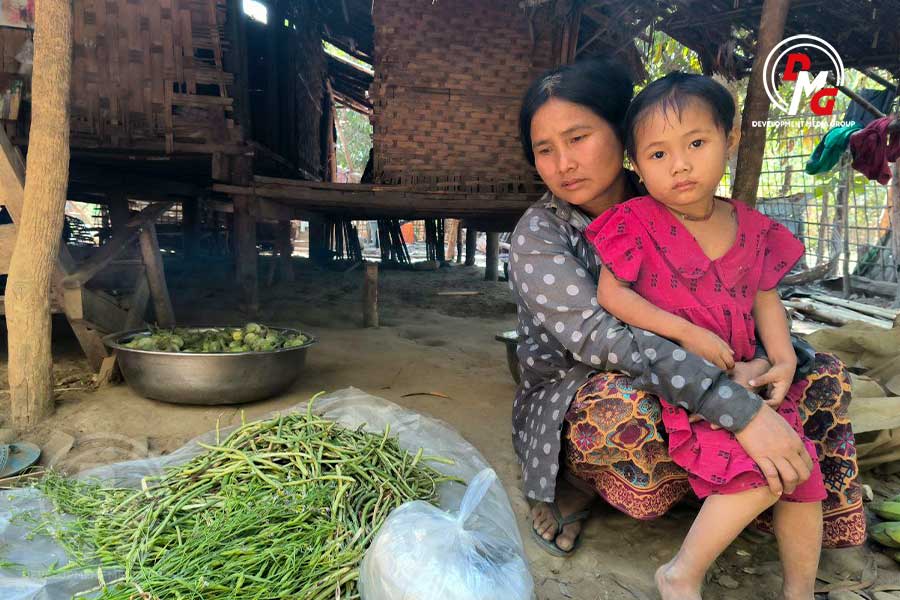

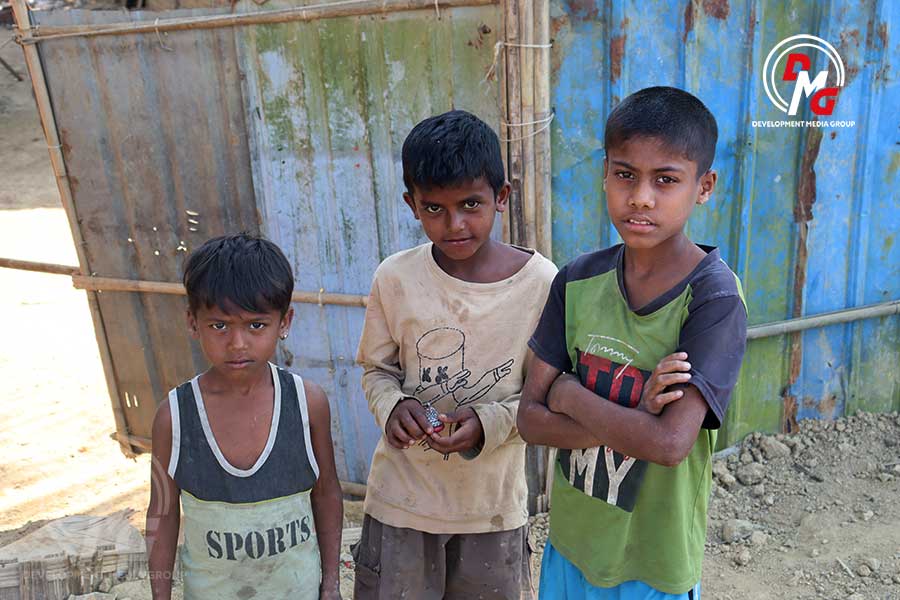
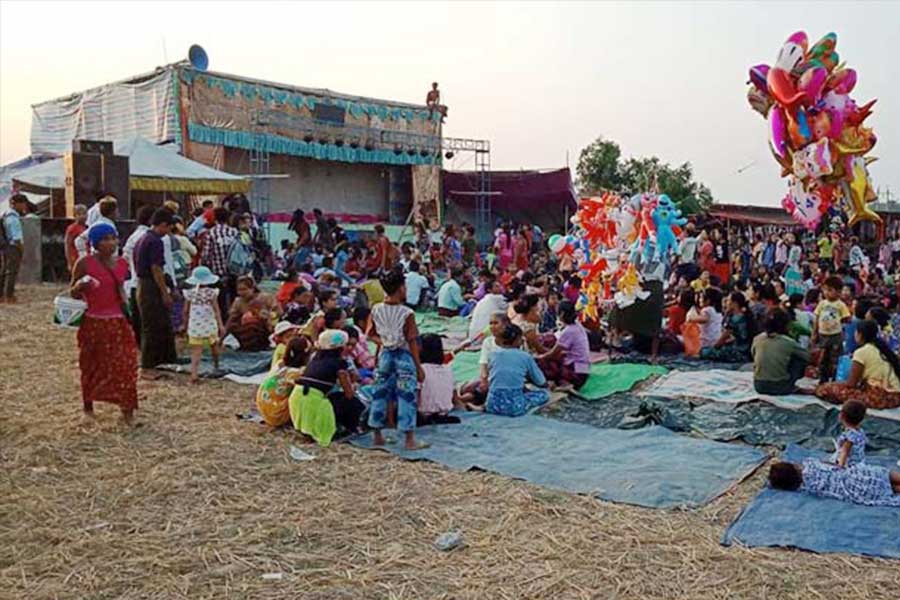








.jpg)